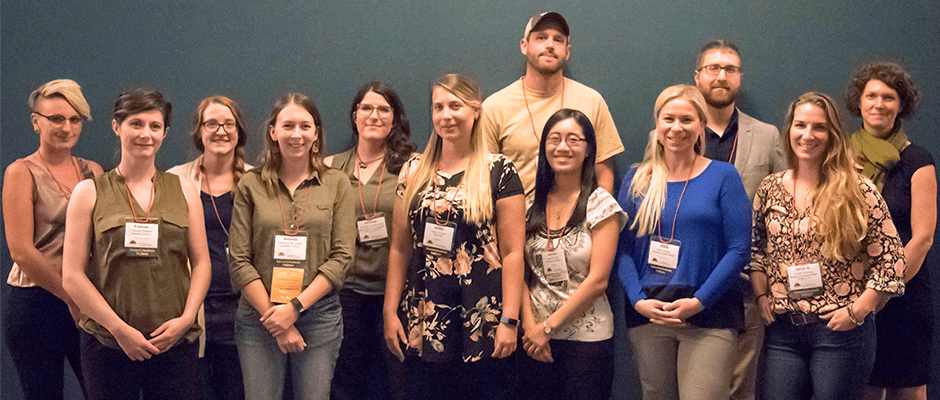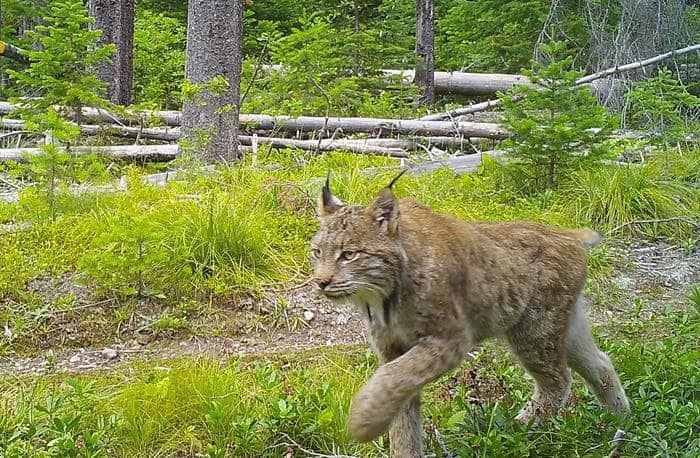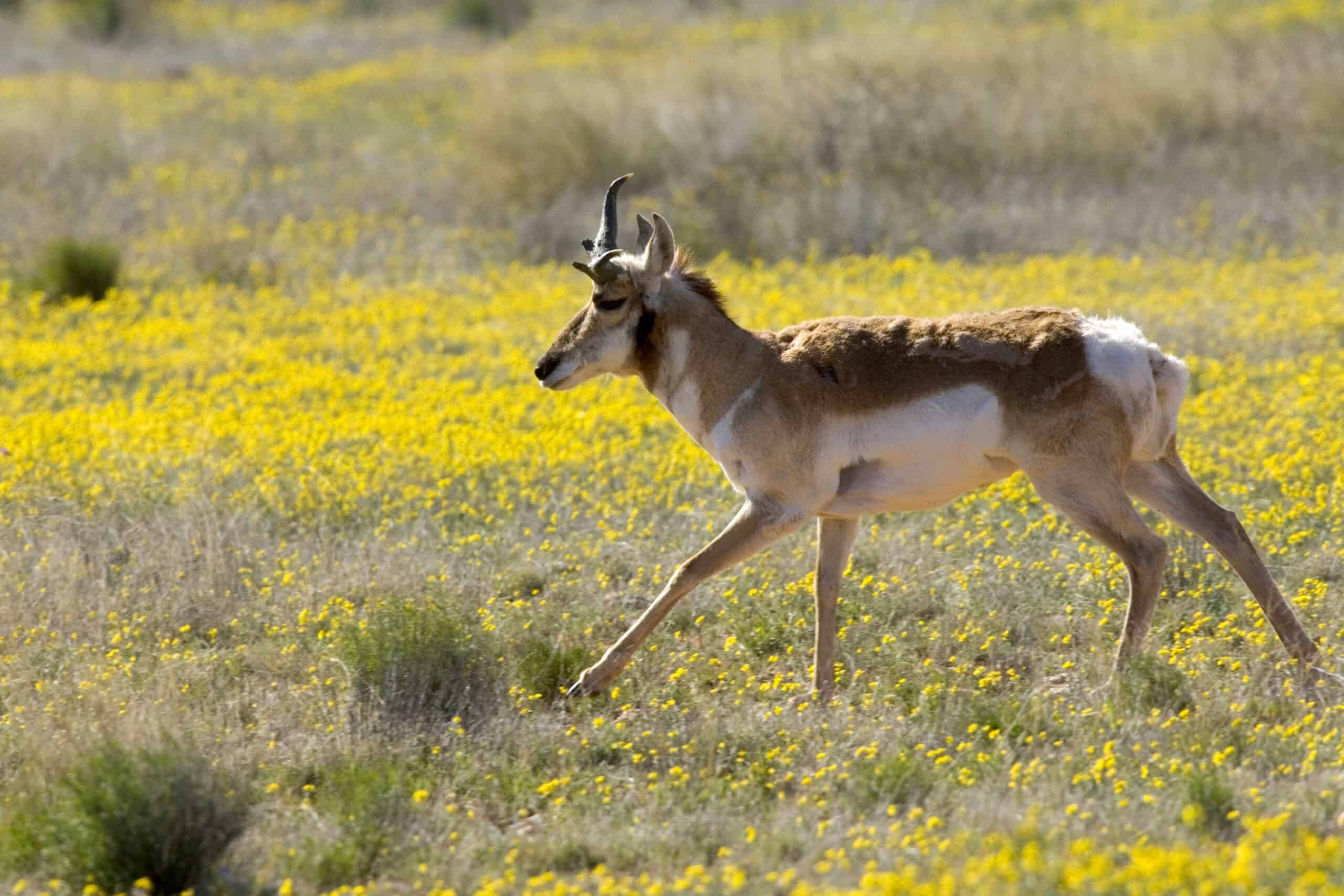Share this article
TWS grants bring 23 students to annual conference
Twenty-three budding wildlifers attended the Annual Conference in Albuquerque, New Mexico, last month through the TWS Student Travel Grants program, which offers each awardee up to $500.
Since 2008, TWS grants have helped members who are current or recent undergraduate, graduate or PhD students registered to attend the Annual Conference travel there to present their research. To be eligible, applicants must already have had their poster or paper accepted by the Program Committee, a symposium organizer or a poster session and must not have won the award the previous year.
“It’s an excellent opportunity for them to get experience presenting in front of a larger crowd,” said Mariah Simmons, unit services coordinator at TWS.
In the past, TWS funded grants with its conference budget, but in recent years, it’s received more donations from local sections and chapters in addition to The 1,000. In 2017, two TWS sections, 14 chapters and Microwave Telemetry, a Maryland-based company, sponsored student travel grants. The program gets about 100 applicants every year and funds an average of 20 based on the amount of money these organizations contribute.
A committee composed of 30 to 40 TWS professional members ranks applicants according to various criteria. These include the relevance of their project as demonstrated in their abstract and draft of their poster or presentation, their acquisition of other funding and the extent of their need for support.
Stacy Lischka, a Ph.D. candidate at Colorado State University studying what motivates people to use bear-proof garbage containers, was ranked high enough to receive a travel grant this year to attend her second annual conference.
“It was energizing, as a social scientist, to see how many people are doing interesting, cutting-edge applied work in the context of wildlife management and human behavior,” Lischka said. “It was excellent to share what I learned, but also to learn from other people who are thinking similar things or have had similar experiences. It got me fired up again about where I can contribute to the field and gave me future directions to think about human-wildlife conflict.”
She appreciated that the grant program encompassed all kinds of research.
“It gives folks doing things that are novel or unexpected an opportunity to receive support to attend meetings,” said Lischka, who would have been unable to get to Albuquerque without the assistance.
Although applying for the grant seems laborious, she said, “it was well worth the investment.”
The hard work paid off for Alexandra Lewis, too, and enabled her to participate in her first annual conference. She’s working on her master’s thesis at Auburn University and presented her research in progress on the ecology and management of Alabama’s wild pigs.
“It was a financial relief to go to a professional conference to get feedback on my project and not take bread, peanut butter and jelly so I could eat peanut butter and jelly sandwiches the whole time, which I’ve done,” said Lewis, who wouldn’t have made the trip if it weren’t for the aid. “I feel my presence is wanted at this conference. I feel valued.”
Her experience there was “amazing,” Lewis said.
“I went to more talks than I could wrap my brain around,” she said. “I took a spatial capture-recapture workshop that allowed me to think about my project from a different angle. And all the networking events were helpful in improving my ability to talk to strangers.”
Lewis’ advice to students interested in applying to the grant program to get to the annual conference?
“Think like Nike, and just do it,” she said, “even if you feel like you might not be qualified.”








